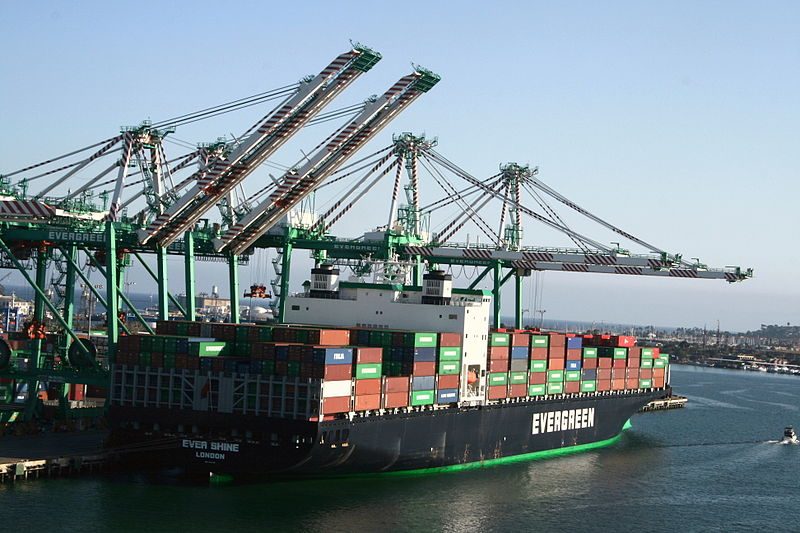Environmental Review of Free Trade Agreements
Why aren’t we talking about climate change?

Last week, the period for public comment on an interim environmental review of the Trans-Pacific Partnership (TPP) trade agreement closed, marking perhaps the last significant opportunity for public input on the environmental impacts of the proposed agreement. The review was conducted to identify potential environmental effects of the TPP, as required by an Executive Order signed by President Clinton in 1999.
Since the Order was issued, the Office of the U.S. Trade Representative (USTR) has finalized environmental reviews of about a dozen free trade agreements (FTA). The guidelines for these reviews specifically call for analysis of impacts to air quality and atmosphere (including “climate”), and—to the extent “appropriate and prudent”—of global impacts (again, including “climate,” as well as impacts “relating to environmental issues identified by the international community as having a global dimension and warranting a global response”). However, the interim report contains no discussion of climate change impacts. It concludes that the TPP will have no significant environmental impacts.
How big a deal is the TPP for climate change? As with most things climate, it’s hard to tell. A report from the WTO and UN shows that, absent some creative policy changes, more trade means more CO2. The TPP involves a dozen countries, including the United States, Canada, Mexico, Japan, and Australia. According to a study, the TPP is expected to increase global exports in 2025 by about 444 billion dollars, over a baseline projected without the agreement (this will be nearly double the global exports of 2010). This increase likely means a substantial rise in transport—mainly by sea, but also by air and ground. Other factors, like the increased manufacturing itself, agriculture practices, and deforestation, are likely to have impacts on greenhouse gas concentrations as well. All of these factors play into global GHG concentrations, and at a time when we need to cut GHG emissions across the board, the increases probably aren’t negligible.
Ideally, the environmental review would be the place to discuss this issue. The Executive Order calling for these reviews states that environmental review is needed “to help identify potential environmental effects of trade agreements, both positive and negative, and to help facilitate consideration of appropriate responses to those effects whether in the course of negotiations, through other means, or both.” Analysis of the TPP’s climate consequences might suggest ways to minimize the carbon footprint of new trade, or increase trade access to clean energy technology (as called for in the President’s Climate Action Plan). Many have pushed for the review to consider climate impacts. Earlier comments from Oceana, Human Society International, Defenders of Wildlife, Earthjustice, the Environmental Investigation Agency, Friends of the Earth, and the Sierra Club, called for climate discussion. The latest round of comments brought at least one new call to consider the TPP’s climate impacts, from the World Wildlife Fund.
However, the final review probably won’t discuss climate, either. That’s just not how USTR operates: despite the language of the Executive Order, none of the Office’s interim or final environmental reviews have touched the climate consequences of an FTA. Further, there’s no clear legal consequence to omitting the issue. Even when USTR receives comments calling for consideration of climate impacts, they don’t actually have to do anything about them: the Executive Order and guidelines require USTR to solicit public comments, but they don’t require the Office to respond. (See, for example, the review conducted for the US-Singapore FTA, where the Office mentioned that commenters had requested consideration of climate change impacts… and then ignored the issue entirely). And unlike other environmental analysis laws like NEPA, the environmental review of FTAs is essentially a discretionary act: both the Executive Order and guidelines specify that they are “intended only to improve the internal management of the executive branch,” and do not create any legal right against the government.
Does climate change require isolating ourselves from international trade? Of course not. Some trade may be essential to adapting to climate change. Other trade can spread clean energy solutions. But pretending global trade doesn’t impact climate isn’t the way to go.
Reader Comments
One Reply to “Environmental Review of Free Trade Agreements”
Comments are closed.






Nice post, Jesse!